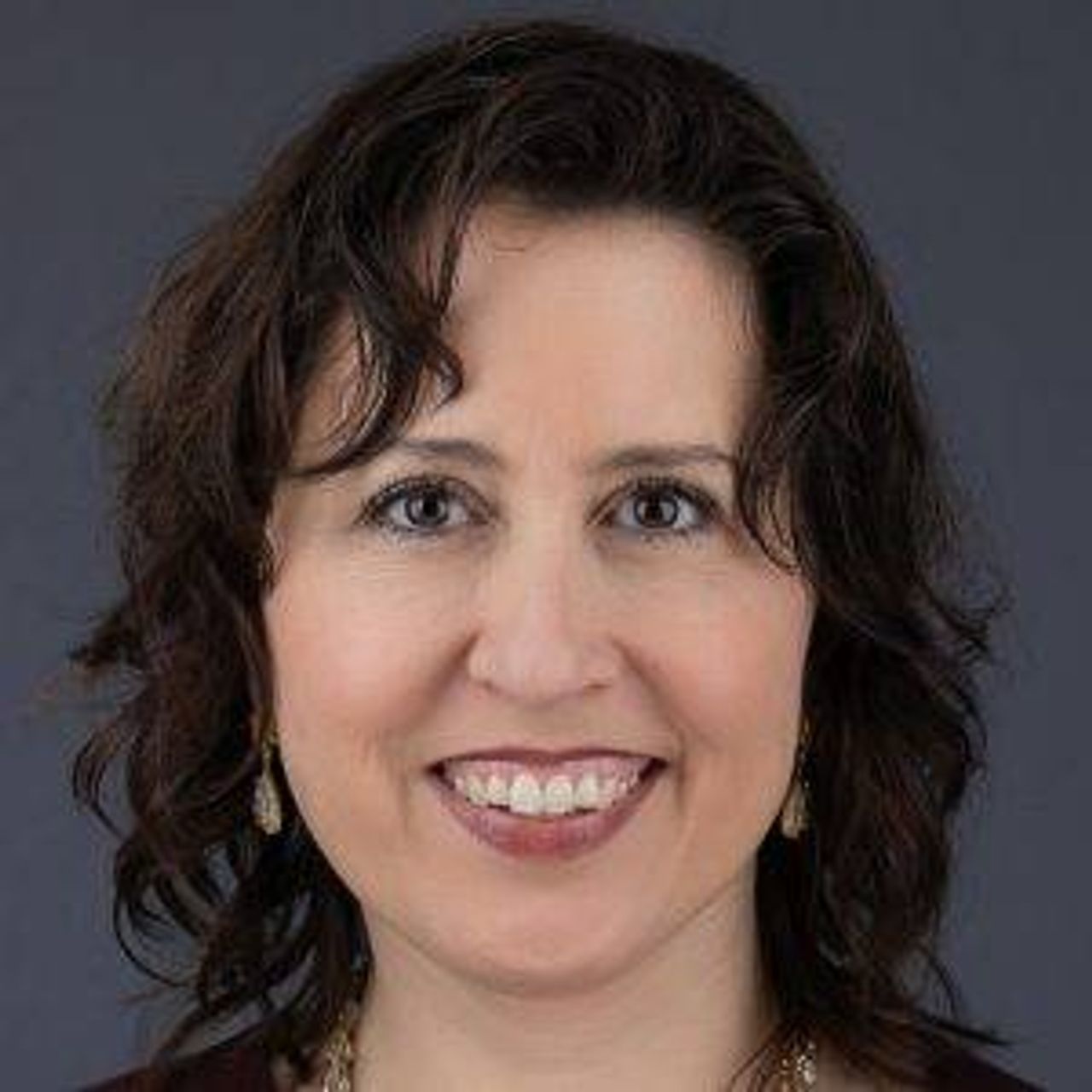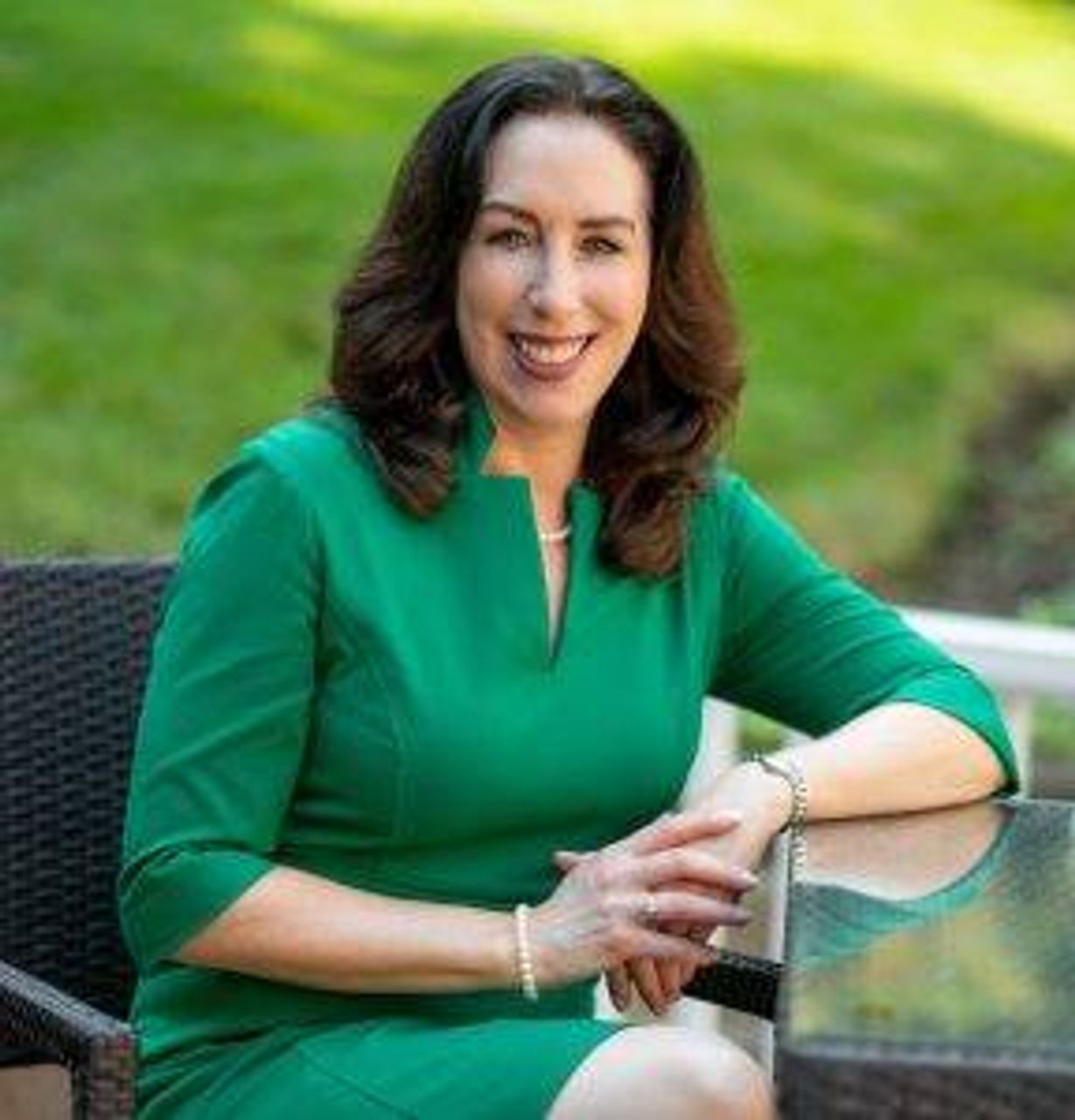Should You Use Your Connections in Your Adult Child's Job Search?
What experts say about trying to be helpful in these tough times
When our daughter was beginning her post-grad job search last summer, my husband offered to introduce her to some people he knew who might be able to help her. He’s worked in finance for over 30 years and thought she might be interested in management consulting.

Although she appreciated the offer, our daughter adamantly declined it. She explained that she wanted to find a job solely on her accomplishments and not through her father's connections.
My daughter’s reaction isn’t uncommon. Beth Hendler-Grunt, president of the New York City area-based career consulting firm, Next Great Step, says: "Many young people want to pave their own path. They don't want to be reliant on their parents. Young people may think their parents don’t know what they are talking about.”
"The competition is fierce and many grads do not understand what it takes to get hired.”
But is there anything parents can do to be useful in helping their adult children find work? And if so, how?
After all, as Hendler-Grunt notes, over 70% of jobs are never posted these days. “There is more to securing a post-grad job than filling out a form and hitting ‘apply’ on the keyboard,” she says. Due to the pandemic, Hendler-Grunt adds, “the competition is fierce and many grads do not understand what it takes to get hired.”
She finds that many young adults focus their job search solely on applying through job posting sites like Indeed, Handshake, Simplyhired or Glassdoor. Having grown-up with technology often makes that feel safer and more comfortable than face-to-face communication. It also feels more authentic. The applicants feel they’re being judged on their credentials, not getting special treatment because their parents know someone at the employer.
“Young people fear that they will appear bothersome if a parent reaches out to someone in power on their behalf,” says Hendler-Grunt.
How to Properly Help Your Adult Child
But Katherine Akbar, the Alexandria, Va. founder and president of YES Career Coaching & Resumé Writing Services, says many parents are intimately involved in helping their young adult children find employment.

“What’s most empowering, though, is for parents to give their children appropriate resources and then step back,” she says.
It’s important for parents to differentiate between nepotism and networking.
Getting a job solely on familial relationships and not at all on talent or expertise ultimately sets a young adult up for failure.
As Christine Cruzvergara, the San Francisco-based vice president of higher education and student services at the early career site Handshake, explains, “Parents should never ask about current openings or say their child needs an internship. Those are overreaches. Networking is about asking questions, getting advice and learning more.”
Asking someone you know to give your child a job when your son or daughter isn’t really right for it can strain a friendship or work relationship, too.
Says Hendler-Grunt: "You don't want to put a person, even a close friend, on the spot, especially in the current economy."
But when you can connect your adult child with a friend, family member or colleague who might want to hire him or her, that kind of networking can be especially helpful in the current economic climate.
Says Akbar: “Connections are more valuable than ever as a way of making yourself pop out of a huge pile of applications.”
Making Introductions Properly
Parents can help initially by offering their children guidance about networking basics without doing the work for them. "A parent can say to their child, ‘I have a friend who works in your field. Would you like me to connect you?’’” says Akbar.

Many young people will be too shy, intimidated or uninterested in making the next move. If yours is, let it go; it’s their decision.
But if your child is agreeable, make the introduction.
Send a simple email stating something like this: “As you know, Mary recently graduated college and is interested in a career in (blank). Would you be willing to speak to her about your industry or your role at the company to give her a better sense of the field?"
These types of informal conversations can be especially beneficial, providing young people with an insider perspective as they job hunt.
“For example, if the contact works at an organization your child might want to work for,” says Akbar, “they can tell her how well the organization seems to be doing, how morale is and how caring the employer is regarding health protections and family obligations.”
Step Aside and Let the Child Lead
After the introduction, the rest is up to the young adult. Parents can continue to be supportive, as long as they stay in the background.
You could offer to help your child formulate a cover letter or email. “Young people can get overwhelmed on the small details like formulating a cover letter or what to put in the subject line of an email,” says Hendler-Grunt.
This fear of rejection or doing it "wrong" can be paralyzing, so gently give them support.
The initial email should succinctly state who they are, why they are writing to this person and what about this person (or industry or employer) is of interest to them.
If your child hasn’t heard back after an initial inquiry, encourage them to reach out again. They may worry about being annoying. But you can explain that it’s okay to be professionally persistent.

Cruzvergara says, “In their follow-up email, they should acknowledge that they understand the person is busy. Offer some days and times to make it as easy as possible for them to set up a meeting.”
If a virtual or socially distanced outdoors meeting is arranged, the next hurdle is preparing for it.
"Readiness is very important,” says Hedler-Grunt. “One of the biggest networking mistakes is setting up a meeting with a valuable connection and having no idea what to say.”
Encourage your child to do some fact finding first and make sure they have a great list of questions to ask. After the meeting, suggest that they thank the person for their time.
Regardless of whether the meeting is in person or on Zoom, parents should not attend.
Akbar says, “This is infantilizing. We have actually heard of some parents going to interviews with their young adult and sitting in the waiting room. This does not make a good impression on employers.”
If You Have Job Opportunities or Guidance to Share
Then there’s the flip side: You may be able to help a first-time job seeker of someone you know. If you have time, knowledge or resources, reach out to colleagues or friends with recent graduates.
Get back to them promptly if they contact you. It was probably hard for them to make that initial ask.
When speaking with young job seekers, remember they can be nervous. If you see something in their resumé or how they present themselves that you think could work against them, say so kindly, but directly. Honest feedback is helpful.
Also, think about what you can do to assist young adults you know who have less access to a thriving network than others.
Says Cruzvergara says: "If you are a potential employer or industry leader, make a concerted effort to diversify your reach. Look for talent, especially from schools that your company does not recruit from.”
My Daughter's Job Hunting Experience
And as for my daughter? Even with her excellent resumé, she found it a lot harder to find a post-grad job than expected. Things got even more stressful once the pandemic hit.
But after a lot of frustration and rejection, she landed a great job in a different field than she was looking initially. She’s proud of getting the job on her own but admits that she would have been better prepared — especially for those first interviews — if she would’ve taken her father’s advice and met with some of his contacts.
She worried that it would have given her an unfair advantage and didn’t realize the benefit of networking.
However, as Hendler-Grunt explains, “Networking may allow a person to bypass the line. But after that, it has to be up to the candidate to earn — and keep — their job.”


